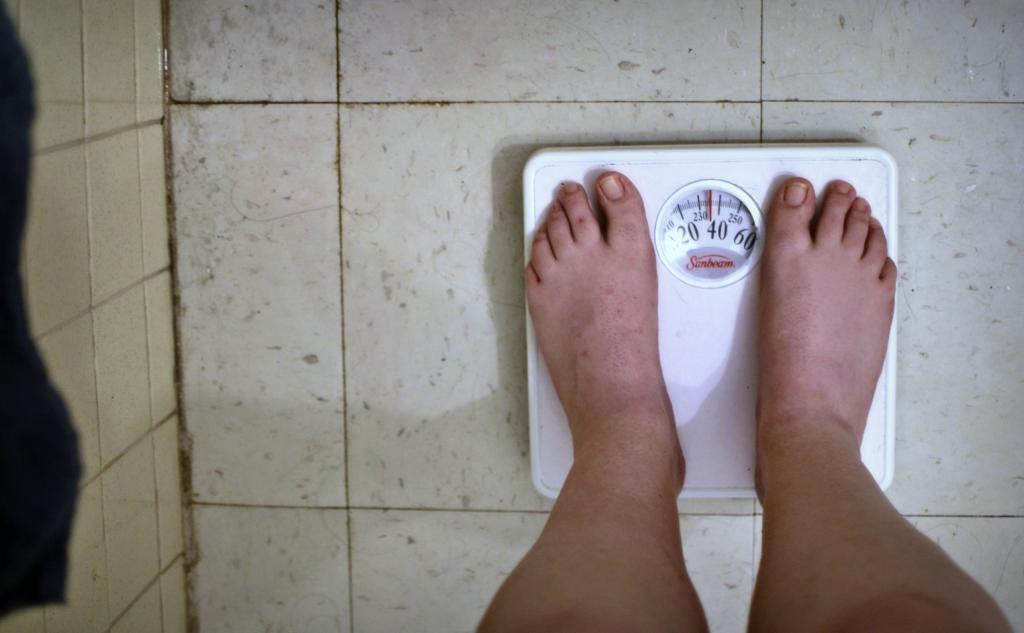Ozempic continues to make noise on social media as a miracle weight loss drug. But the craze over its weight loss benefits has caused many diabetes patients to miss out on their prescriptions.
On Wednesday, Ronnie Nalven, a diabetes patient from Melbourne Beach, Florida, spoke out on his struggles to replenish his Ozempic prescription amid the shortage due to the sudden surge in demand from people trying to lose weight.
“It’s been about, I’d say six, seven, eight months now,” Nalven told local TV station WESH when asked how long it has been since he last got a refill for the drug prescribed to him by his doctor for his diabetes.
“They just simply say don’t have it. We have a hard date that we’re getting another shipment, and then that shipment date comes and goes, and it just keeps going on like this,” he added after noting that he’s already asked two different pharmacy chains to check supplies beyond Brevard County.
Nalven said he is willing to drive wherever he needs to just to find supplies of the drug he’s using to manage his type 2 diabetes. Due to the shortage brought about by the weight loss trend, he stopped checking his blood sugar because he could no longer have the medication he needed.
“‘Cause it was frustrating to see my blood sugar at a 200 level, which is actually quite dangerous to my internal organs. Then, when I was on Ozempic, and I’d wake up in the morning with a smile thinking, here I am, my blood sugar is going to be 102, and it was great. It was really nice knowing I was in check with everyone else who is not a diabetic,” he said.
Nalven was only prescribed a dose of 0.5 milligrams. Non-diabetics using the drug for weight loss require higher doses to ensure their desired effect. Due to this, a shortage of supplies for those who really need Ozempic for health reasons became inevitable.
“I understand some celebrities and people that are trying to lose weight are prescribed 2.0 to 2.5 milliliters which is three to five times the amount of it that I need. So they’re taking an exorbitant amount to lose weight and using the supply. And it really hurts us,” Nalven said.
Nalven is just one of the many diabetes patients struggling to secure supplies of their prescribed drug amid the shortage. The moment Hollywood celebrities started crediting the drug for their body transformations and evident weight loss, Ozempic skyrocketed in popularity on social media.
The bigger demand prompted several clinics and facilities across the country to offer the “skinny pen” to their clients. Henderson-based medical center Health Xpress admitted many people started asking about Ozempic following the media buzz. Hence, the owners decided to offer it to customers wanting to lose weight.
For Andrew Clark, a pharmacist who owns Northtown Pharmacy, even though there’s strong demand for Ozempic and similar diabetes drugs as weight loss solutions, it’s still imperative for them to prioritize and secure stocks for diabetes patients.
“I’ve seen patients come in over the last several months that have dropped weight significantly, and also their agency has improved significantly, so I can understand the demand that’s behind the medication. But it’s very, very important that we have those medications stocked for our diabetic patients,” he said last month in an interview with WLBT.
“Pharmacists are communicating with each other, calling around seeing the other pharmacists have those medications in stock. We also are communicating back and forth with the doctors to make sure that we may be able to adjust the dose of that medication up or down in order to get those patients those medications,” he added.
The drug Semaglutide — originally marketed as Ozempic — was intended only for diabetes patients. However, when its guaranteed weight loss side effect became known, manufacturer Novo Nordisk released the higher-dose version called Wegovy, specifically designed for weight loss.
But Wegovy comes with a hefty price. The drug costs $1,400 to $1,500 when not covered by insurance. Ozempic, dubbed the less-expensive version, is also not affordable at $1,000 to $1,200 per month out of pocket. Some clinics have started to offer more affordable versions by mixing doses just to meet the demand for the drug.














